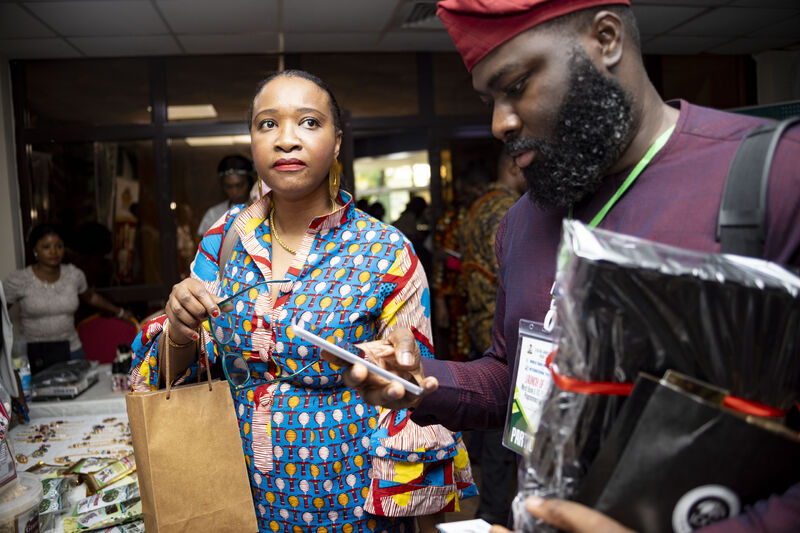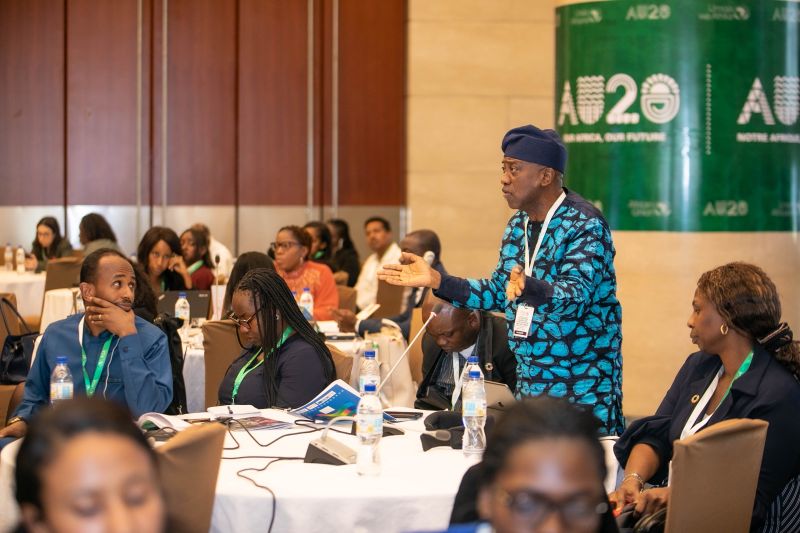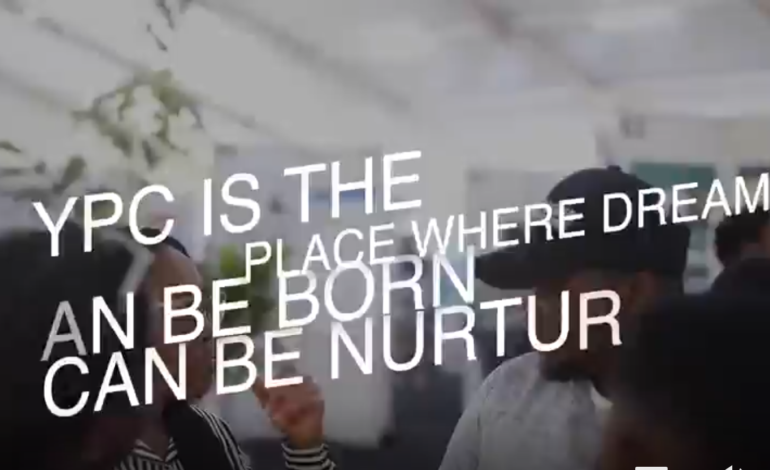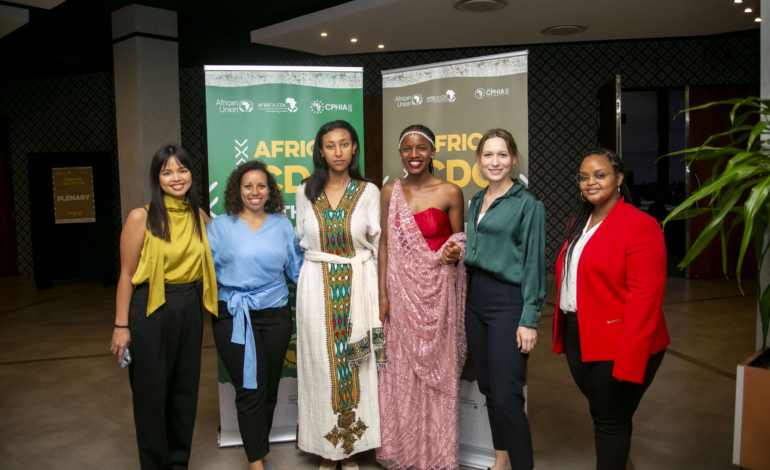
Embracing multi-talentism, or the integration of multiple skill sets and views inside an organisation, has emerged as a strategic essential for long-term success. Here’s why.
For starters, multi-talented individuals promote innovation and creativity. Brands create an environment conducive to new ideas by building a workforce with diverse skills across multiple domains. The collaboration of people from various backgrounds fosters innovative thinking, resulting in breakthrough solutions and cutting-edge products or services.
Multi-talentism improves flexibility and resilience. In a world of rapid technological breakthroughs and shifting consumer tastes, brands must remain nimble in order to stay ahead of the competition. A multidisciplinary team provides the brand with the versatility required to navigate changing landscapes effectively. Multi-talentism enables brands to prosper in the face of uncertainty, whether through strategic pivoting or embracing emergent trends.
Likewise, multi-talentism increases brand authenticity and relatability. Consumers today demand true connections with brands that share their values and goals. Brands may better understand and empathise with their target customer by establishing a workforce that represents a broad demography, culture, and experience set. This genuineness fosters trust and commitment, resulting in long-term relationships that go beyond transactional exchanges.
In conclusion, the era of specialization has given way to the age of multi-talentism, where versatility, innovation, and inclusivity reign supreme. Brands that embrace this paradigm shift position themselves for sustained relevance and competitiveness in an ever-evolving marketplace. By harnessing the collective power of diverse talents, brands can unlock new possibilities, drive meaningful impact, and forge enduring connections with their audience. In essence, multi-talentism isn’t just good for a brand—it’s indispensable.






